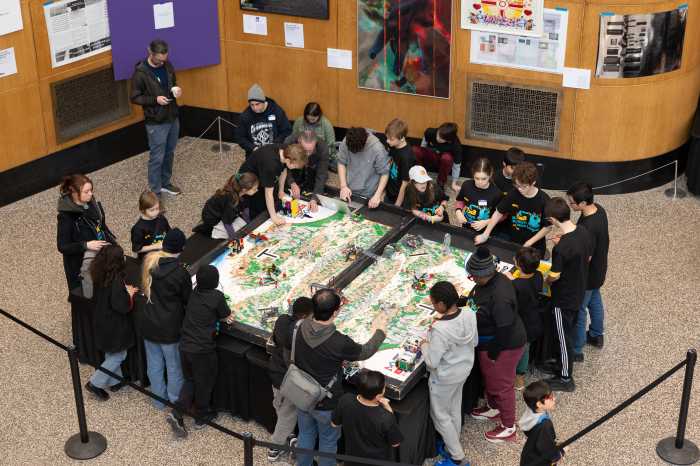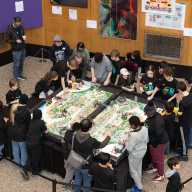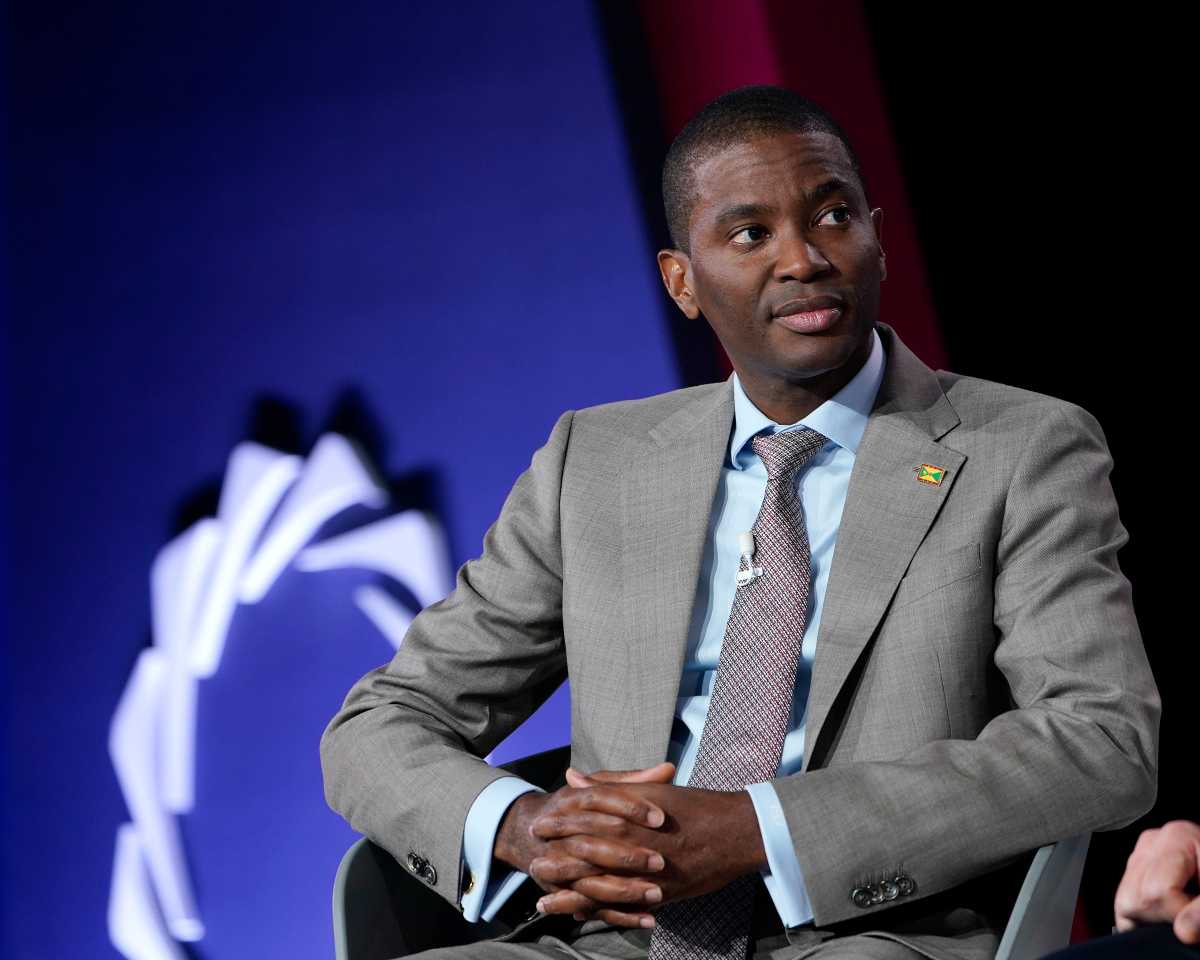I’m constantly trying to understand how much to love my kids. How much love is enough?
In my therapy session the other day, my Jungian psychoanalyst said people often become needy in relationships from a lack of sufficient attention and love from their parents.
Instead of weeping into a tissue as I sometimes do when he offers up handy blame-the-parents reasoning for my relationship challenges (“poor me!” I sometimes think), I smiled. I was in a good place, so I could see things more objectively. I looked at him slightly sideways and the journalist in me rose up.
“What percentage of the population do you think gets enough attention from their parents?” I asked.
“It’s a great question,” he said. “And I don’t know the answer. Probably a fairly low number.”
His answer actually made me feel better.
I have no desire to vilify my parents. They fall somewhere on the normal spectrum, good at some aspects of communication and relationship-building, slightly lacking in others, just like most people. Just like me.
But it is important for me as a person and a parent to think about the lessons I learned wittingly or unwittingly from my parents so I can be conscious of how it affects my own parenting. It’s a challenge.
I told my therapist what is true for me and almost all of my mom friends.
“Sometimes my kids both need me at the same time, and at the same time my husband needs me, and the dog. So, how am I supposed to give them all enough?”
The answer was clear: I couldn’t.
“You can’t beat yourself up,” he said.
That was the gist anyway, and it was helpful. I said good-bye without canceling the next week, as I am always tempted to do.
Parenting requires a lot of thought. And it requires putting those thoughts together into some sort of coherent “story” that shows a through-line between you as a kid, and you as a parent. What did you need that you didn’t get? Is it reasonable, in hindsight, that you even expected the things you feel you didn’t get from your parents, given what you now know about the great divide of parents’ attention between family and friends and work and housework and community and pets?
I try to employ some rational thinking in my household when I am castigated for not doing enough — read not loving enough.
“You forgot to make my lunch!” Oscar will say, lounging on the couch with his feet up as I, up since 4:30 am, still in my robe, try to get laundry folded, find missing sweatshirts, make breakfast, fill the dog’s food and water bowls, gather books to bring to my volunteer tutoring, unclog the toilet, and read though a pile of e-mails.
I try to show I am just busy, not uncaring, and prompt him to give up the whole “you-don’t-love-me-if-you-don’t-remember-my lunch” pout. I want to replicate the day he made his own lunch while I ran upstairs to quickly switch the robe to spandex and a sweatshirt, even though I probably wouldn’t get to the gym. He was so proud of himself, I remind him.
“Remember, you can do it too, and it doesn’t mean I don’t love you!” I rationalize.
For Eli, it often comes in dog metaphors.
“Look at Gingy — pay attention to Gingy!” he’ll say.
So I stop and look at him playing with the dog, walk over and offer love them both, if I can. I also explain that I can’t always pay attention, but that it’s good for him to ask — that he shouldn’t stop asking.
I remember, and try not to say it outright cause they’ll often deny it, that all kids — even boys — need to be hugged and cuddled, told “I adore you” even when they pretend they don’t, when they say they’re “too old” for you to crawl into their beds and snuggle up. I can’t always, but when I can I do, and they always feel better afterward.
All I can do is try and stay in touch with how much love is being thrown around and make sure it’s a lot. And then just pray that it is enough.
Read Fearless Parenting every other Thursday on BrooklynPaper.com.

























